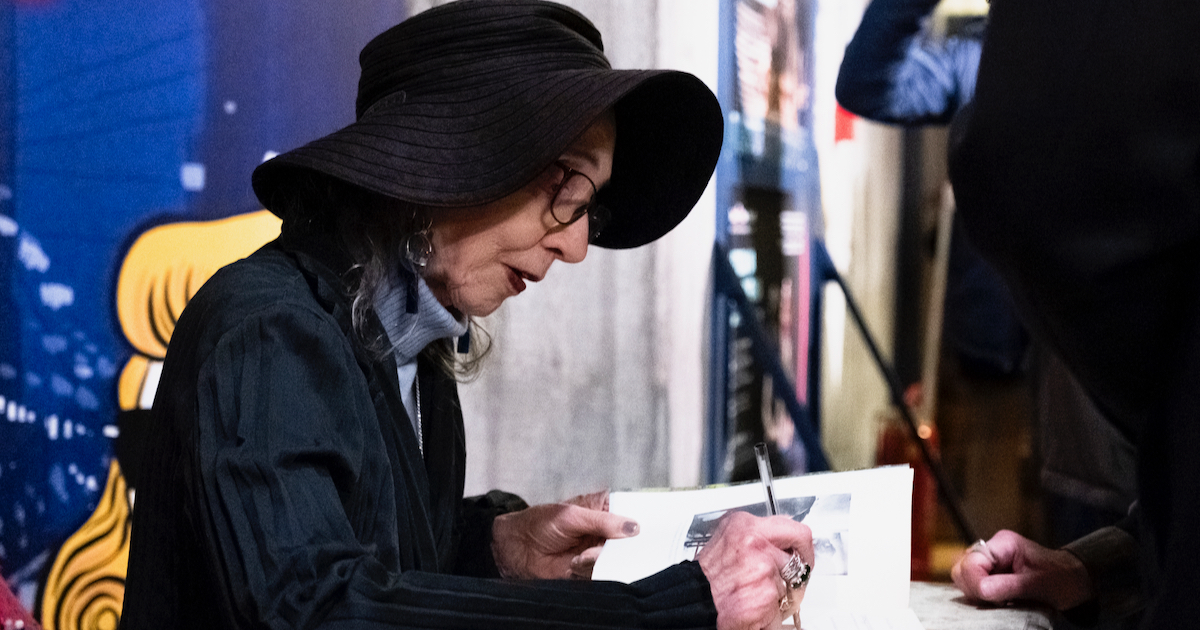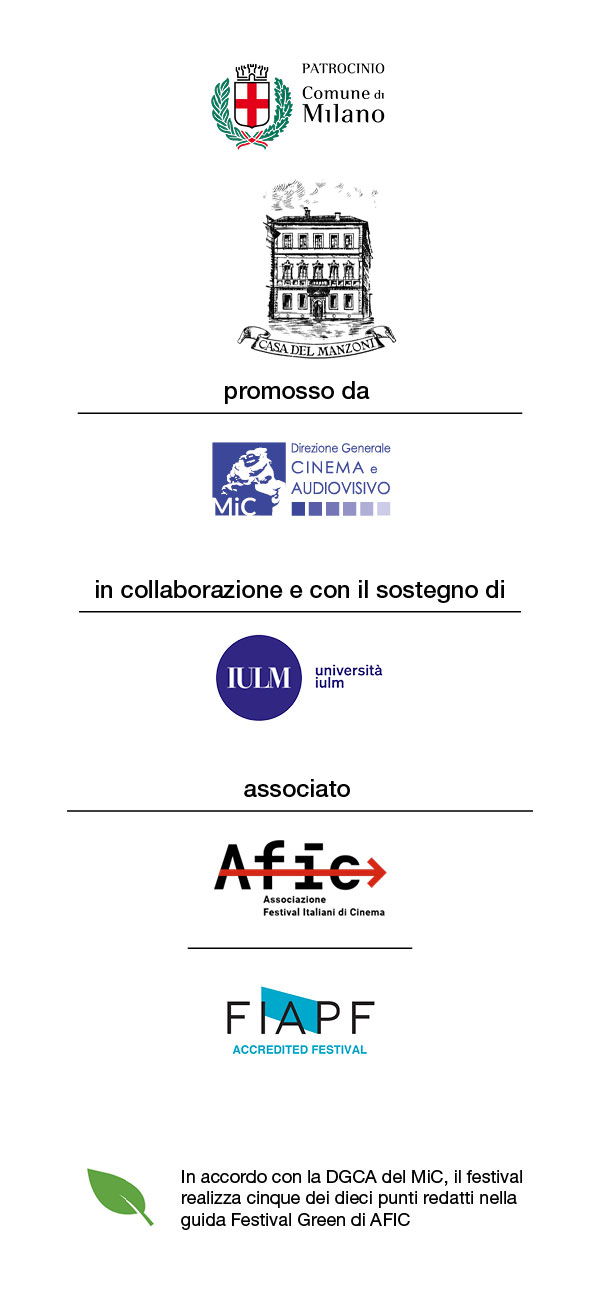The great American author was handed the prestigious award and talked with Antonio Monda about her new novel “Butcher,” with some discursions into the political and social moment in the United States and the female condition, with women still subjected to gender-based violence today

A crowd of die-hard Oates fans packed the Teatro Franco Parenti in Milan last night to celebrate the inimitable prose of Joyce Carol Oates, this year’s winner of Raymond Chandler Award at Noir in Festival. Traditionally the high point of the entire festival, organized this year jointly with La Milanesiana, the event was inaugurated by Elisabetta Sgarbi (also at Noir in her role as a publisher, her La nave di Teseo having brought out many of Oates novels and her latest, Butcher). Sgarbi recalled her by now time-honored friendship with Noir directors Marina Fabbri and Giorgio Gosetti, and her loyalty to a novelist so prolific that her creative output puts any publisher to the test.
The honor of handing the award to Oates (it being a perfect reproduction of a historic coin, the Brasher Doubloon, described by Raymond Chandler in his novel The High Window) fell to the Municipality of Milan’s Cultural Councillor, Tommaso Sacchi, while Joyce Carol Oates spoke of her artistic affinity with the themes addressed by a great noir novelist like Graham Greene, winner of the very first Raymond Chandler Award in 1988.
“It is with deep admiration and gratitude,” say Fabbri and Gosetti, “that we bestow the Raymond Chandler Award for Lifetime Achievement on Joyce Carol Oates.”
The following statement accompanying the award sums up the intense bond between the writings of the greatest living American author and the deeper meaning of the noir genre:
A sublime trickster of time, both in that air she has of a carefree, vital, forever young woman and in her potent literary works, clear as glass and allergic to compromise, as only young voices can make themselves sound, Joyce Carol Oates may be the sole artist of the written word today who is best suited to portraying those tangled bonds, often violent and unspeakable, that unite the members of a community. Her unmistakable literary voice has the moral weight of a warning to us all: to recount reality with the seductive arms of fiction is to save our memory, and ourselves, from extinction.
The critic and author Antonio Monda then engaged in a dialogue with the evening event’s star guest that was not confined to the unsettling atmosphere of her novel Butcher, but extended to comments on current politics, the travails of a writer’s craft, and the noir genre’s function as a mirror that reflects society’s ills and contradictions. At the evening’s end, a long line of readers formed for the book signing and Oates readily complied – a precious close, if fleeting, encounter with the author, who appeared onstage donning an elegant felt hat that shielded those present from that frank, serious gaze with which she probes the dark sides of her characters.


